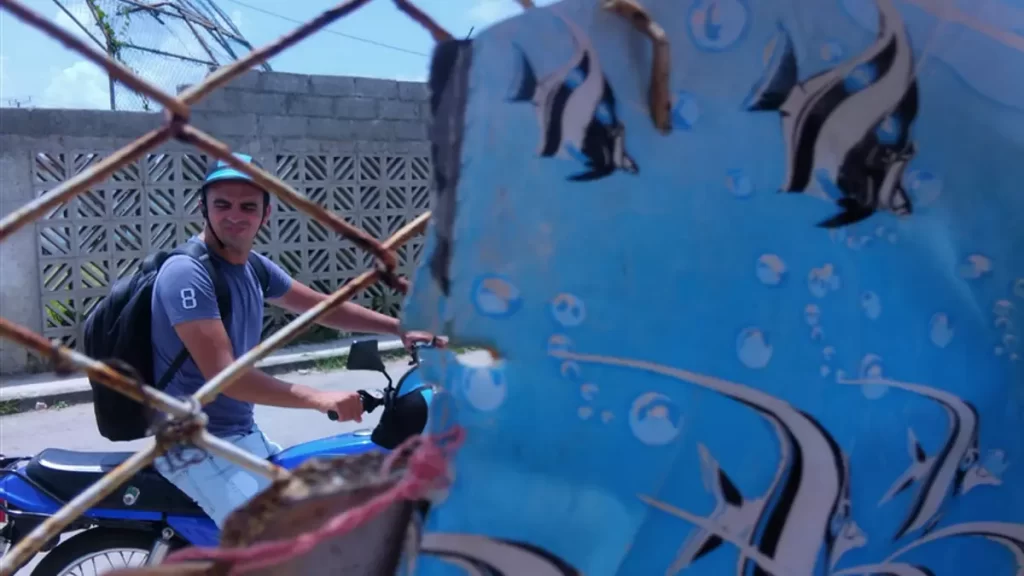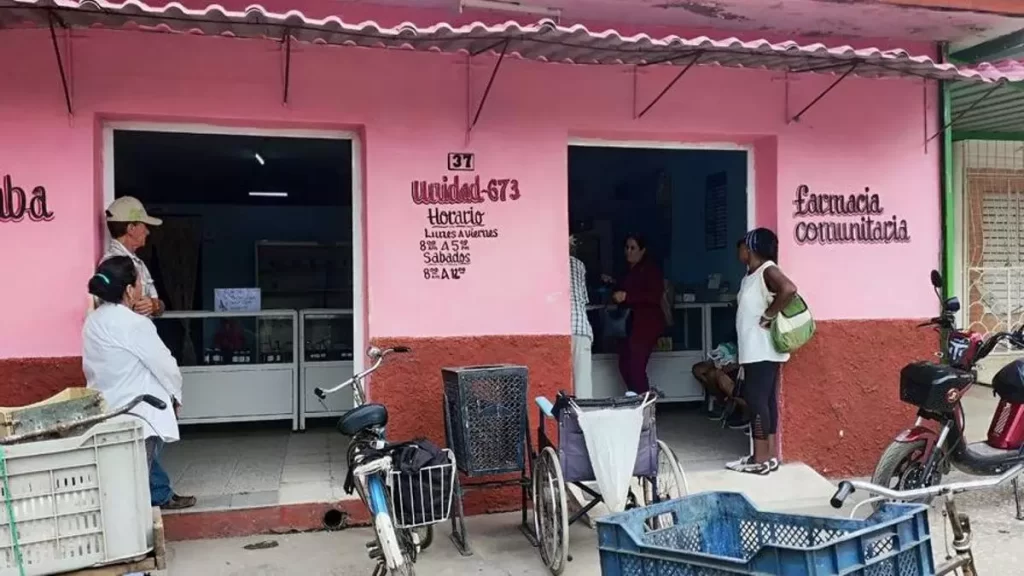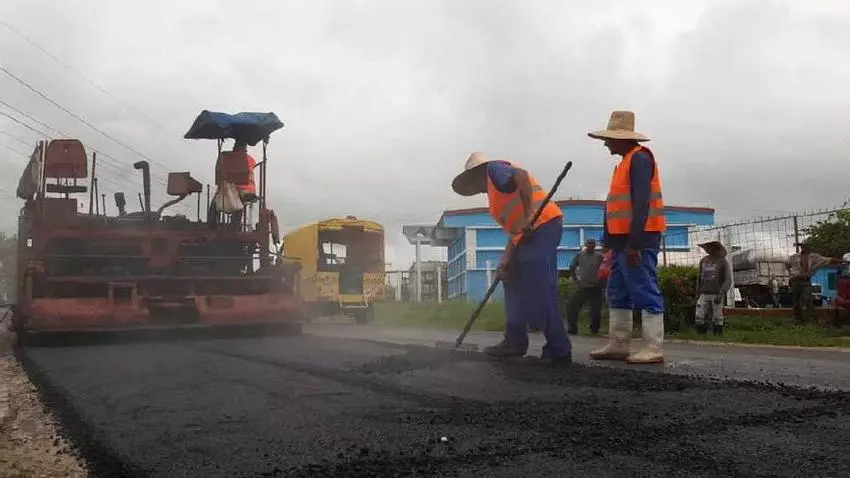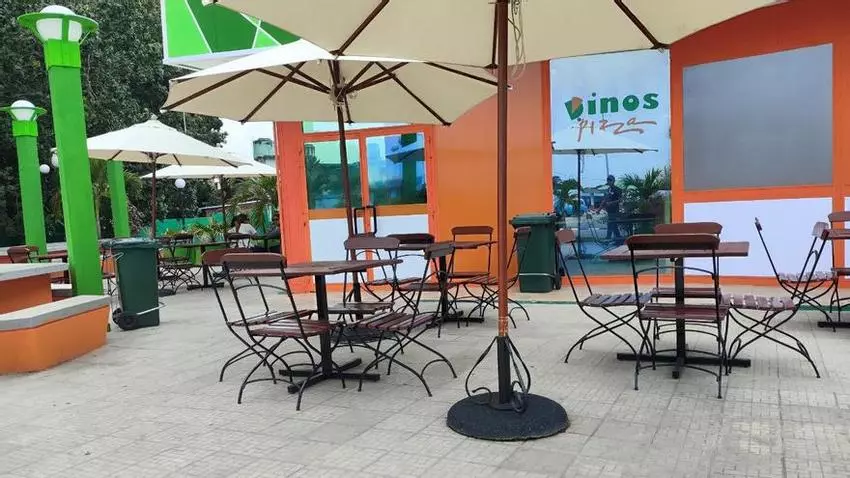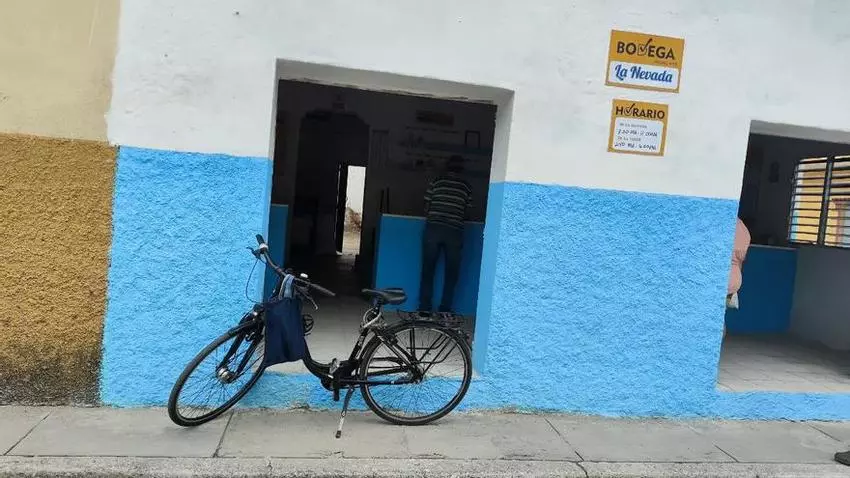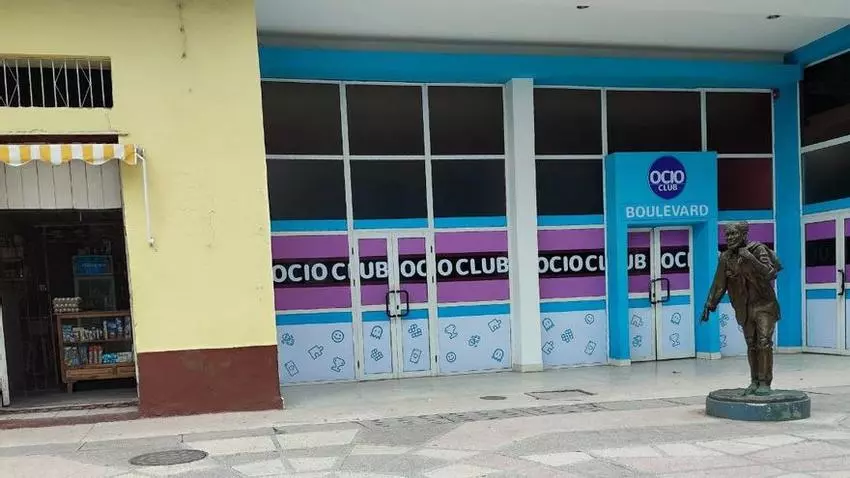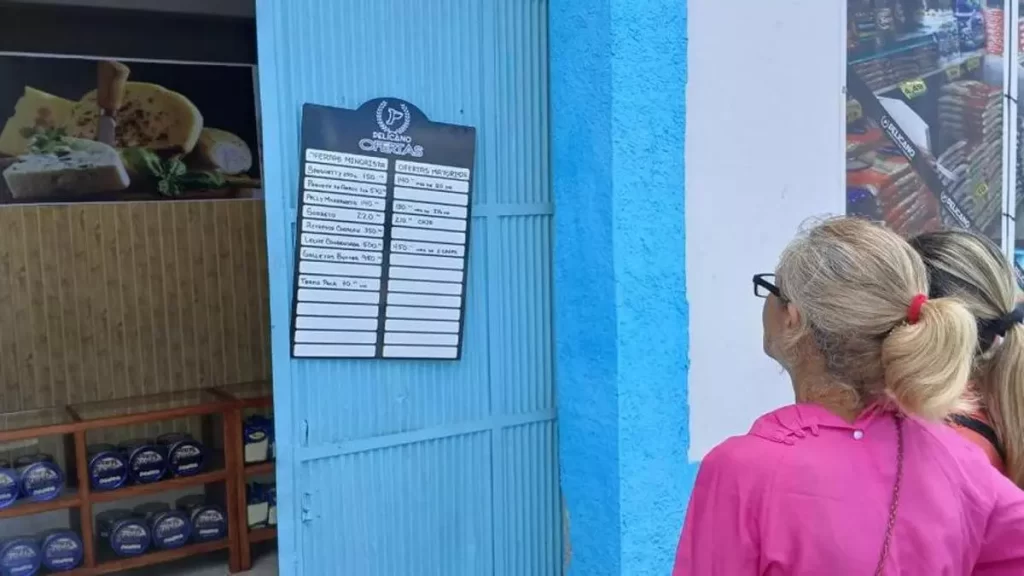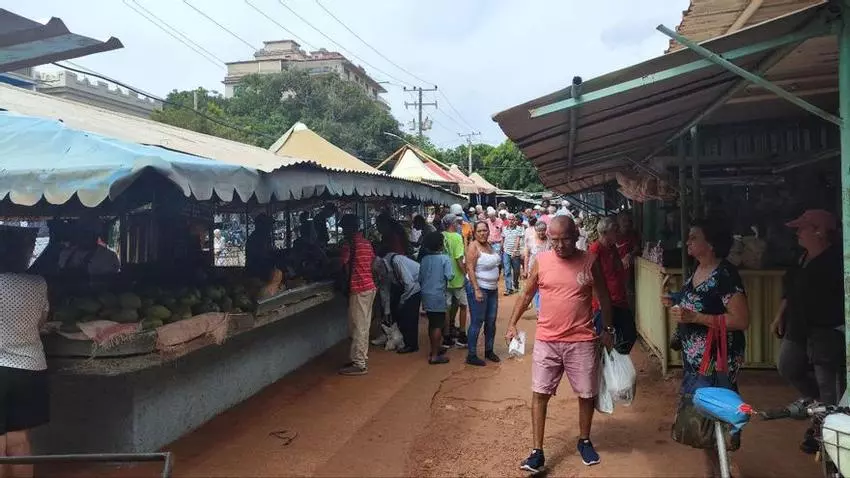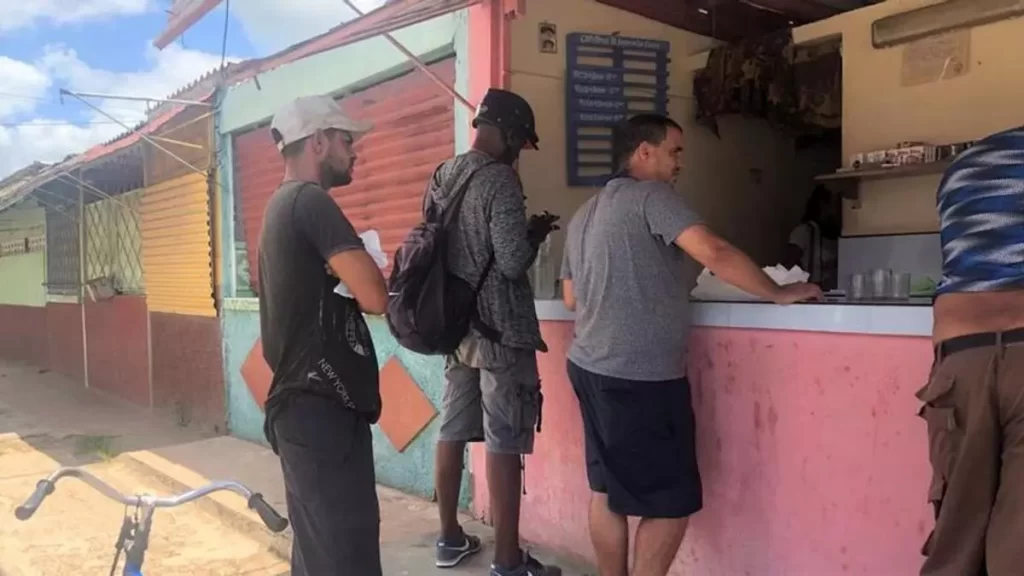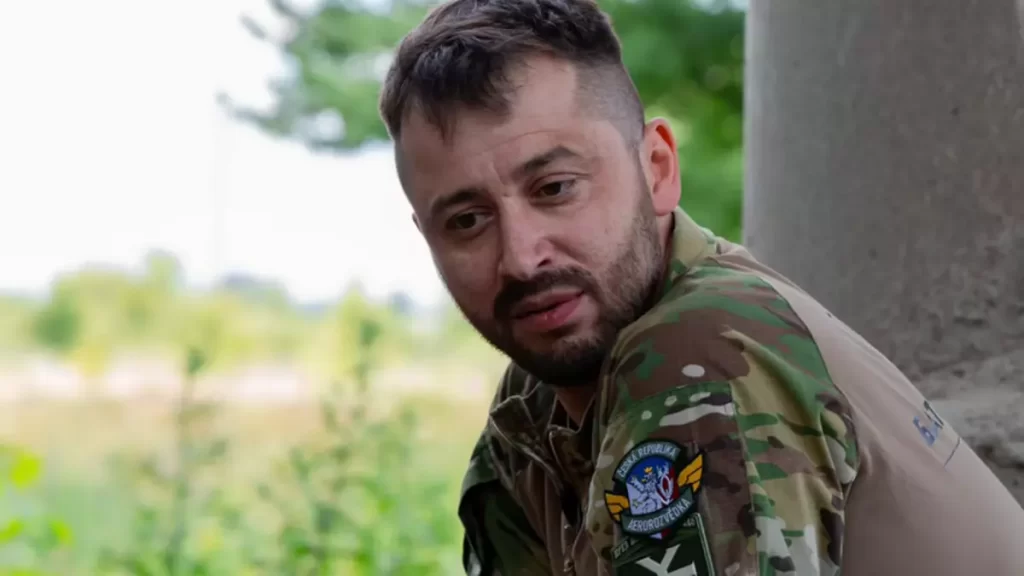The only living founders of the Dissident and Human Rights Movement in Cuba, created in 1983, make an appeal in view of the grave situation in the country on the anniversary of the 11J protests.

![]() 14ymedio, Miami, 10 July 2024 — Cuba is rapidly accelerating towards a turning point where any event could occur, including a major social catastrophe of unprecedented magnitude, before which the lynchings and looting at the end of the Machado regime could appear to us as mere childish brawls.
14ymedio, Miami, 10 July 2024 — Cuba is rapidly accelerating towards a turning point where any event could occur, including a major social catastrophe of unprecedented magnitude, before which the lynchings and looting at the end of the Machado regime could appear to us as mere childish brawls.
We are not exaggerating. On January 1, 2021, both signatories published and warned that government leadership, in what we called Conclusions from a balance sheet on Cuba at the end of 2020, that if radical changes were not made immediately, the discontent “could explode massively with serious irreparable consequences.” And yet, instead of following that advice, they made the situation even worse with measures that aggravated the already deplorable state of the people.
Then, the demonstrations of July 11 of that same year, with thousands and perhaps tens of thousands of people — if we add all the participants from the different cities of the country– were peaceful. The violence was then initiated by the repressive forces.
But now we have enough reasons to fear that this time, the protest will not only not be peaceful but, most likely, catastrophic. There is already too much suffering and resentment among the population to believe that new reforms as inefficient as those already implemented will solve the country’s serious problems. “Reform,” as the word itself indicates, means only a change in form and not in the essence of these problems. continue reading
The argument of this leadership to deny radical changes is that they would mean the end of the “revolution.” The answer to be given them, once and for all, is that this revolution has not existed for more than fifty years, if we are to use the term as defined by the Royal Spanish Academy – “profound change, generally violent, in the political and socio-economic structures of a national community”- because in 1968, when they finally ended up expropriating the people themselves in the so-called revolutionary offensive, confiscating all the small landowners, including the most humble independent workers such as shoeshine boys and hamburger sellers. There was no longer, since then, any other profound change.
So what has there been in Cuba for more than fifty years? The political and socioeconomic system that was the product of that revolution, was a totalitarian dictatorship that imprisoned or took by arms former comrades in arms who tried to prevent the betrayal of failing to fulfill the democratizing goals they themselves had promised — restoration of the constitution and free elections — to impose by force a regime that made real the darkest fears that José Martí had harbored almost a century before in a letter to Máximo Gómez. He wrote about a possible “caudillo” (authoritarian) who, “at the head of an enthusiastic and grateful people, with all the trappings of victory,” would turn the Republic into a command-and-control camp.
The suffering and resentment of the population is already too great to believe that new reforms as inefficient as those already implemented will solve the serious problems of the country.
Let us speak properly: there is no longer a single revolutionary in the ranks of the Communist Party or the State. The true revolutionaries are demonstrating in the streets, or in prisons, like Luis Manuel Otero Alcántara, José Daniel Ferrer and Maykel Castillo Osorbo, who, like hundreds of other prisoners, only expressed peacefully their yearnings for a better Cuba, a right enshrined in the Universal Declaration of Human Rights.
However, they were sentenced to longer prison terms than those received by the assailants of the Moncada barracks, who carried firearms and left many dead. And more than that, the Moncada assailants were amnestied two years later.
That economic-social system, which in spite of everything is still called a “revolution,” has been responsible for the destruction of the whole country. Because that leadership, like Frankenstein, created a monster that it was not able to control, a corrupt and inefficient bureaucracy of thousands of officials elected not by their ability but by political trustworthiness, with no real interest in productivity; a model, therefore, that only generates a permanent crisis.
That crisis is only alleviated when there is an external ally capable of subsidizing it, and when that ally is missing, that is when the system really shows itself as it is. It is in those cases when they resort to mass exoduses to alleviate internal social tensions, a resource that only serves to buy time while they look for a new ally capable of supplying the resources the country needs to stay on its feet. And that is precisely what they are desperately looking for since the collapse of the Venezuelan economy.
But that ally has not yet appeared and, if it does not, the system will collapse definitively. In general, the magnitude of these exoduses is directly proportional to the magnitude of the crisis, and this last exodus has been the largest ever, which indicates that they are facing the deepest crisis in their entire history and the tensions relieved by this great exodus tend to be reproduced in the very short term, while the international situation would not allow, in such a short time, another exodus like the previous one.
All together they would constitute a moral force with enough convening power to peacefully and harmoniously displace that failed leadership.
We have arrived, then, at a definitive and decisive point where the alternatives present themselves very clearly: either that leadership makes a profound change in the immediate future, or the desperate multitudes will sweep away that leadership in the worst fashion.
But if this leadership continues to turn a deaf ear to the demands that have been made to it to make these changes, if it has neither the interest nor the courage to face the serious conflicts of the country in a radical manner, there is no other alternative but to appeal to the most serene and fair-minded sectors of the people so that they may become the guides of these crowds.
We therefore call for dissidence, for a unity of all those alliances that have been taking place in the last few years; we likewise exhort many the honest and sensible intellectuals to exert their influence. All together they would constitute a moral force with sufficient convening power to peacefully and harmoniously displace that failed leadership to avoid tragedy, and to lead the people, for the good of all, including the physical integrity of those same current leaders, without revenge or vindictiveness, towards a profound process of social transformations.
Cuba will rise from its ashes, and will be, for the world, a paradigm of freedom, peace and prosperity.
Translated by Hombre de Paz
____________
COLLABORATE WITH OUR WORK: The 14ymedio team is committed to practicing serious journalism that reflects Cuba’s reality in all its depth. Thank you for joining us on this long journey. We invite you to continue supporting us by becoming a member of 14ymedio now. Together we can continue transforming journalism in Cuba.

